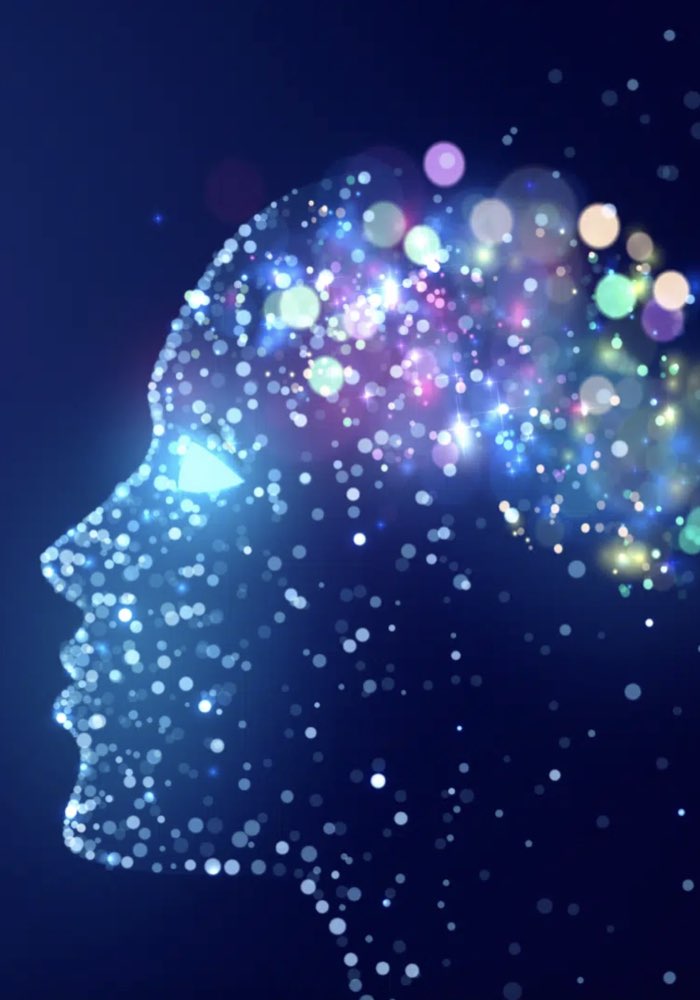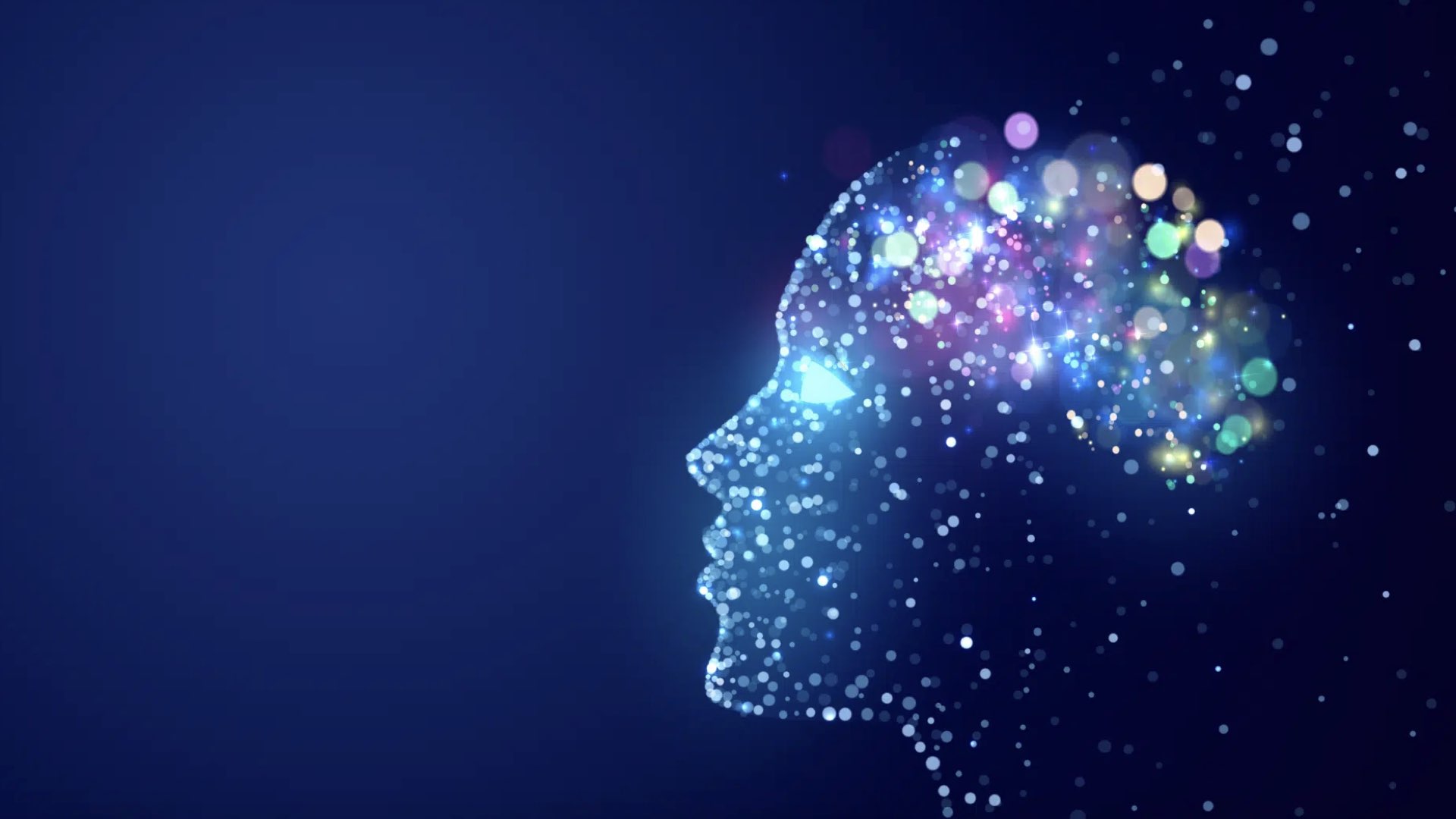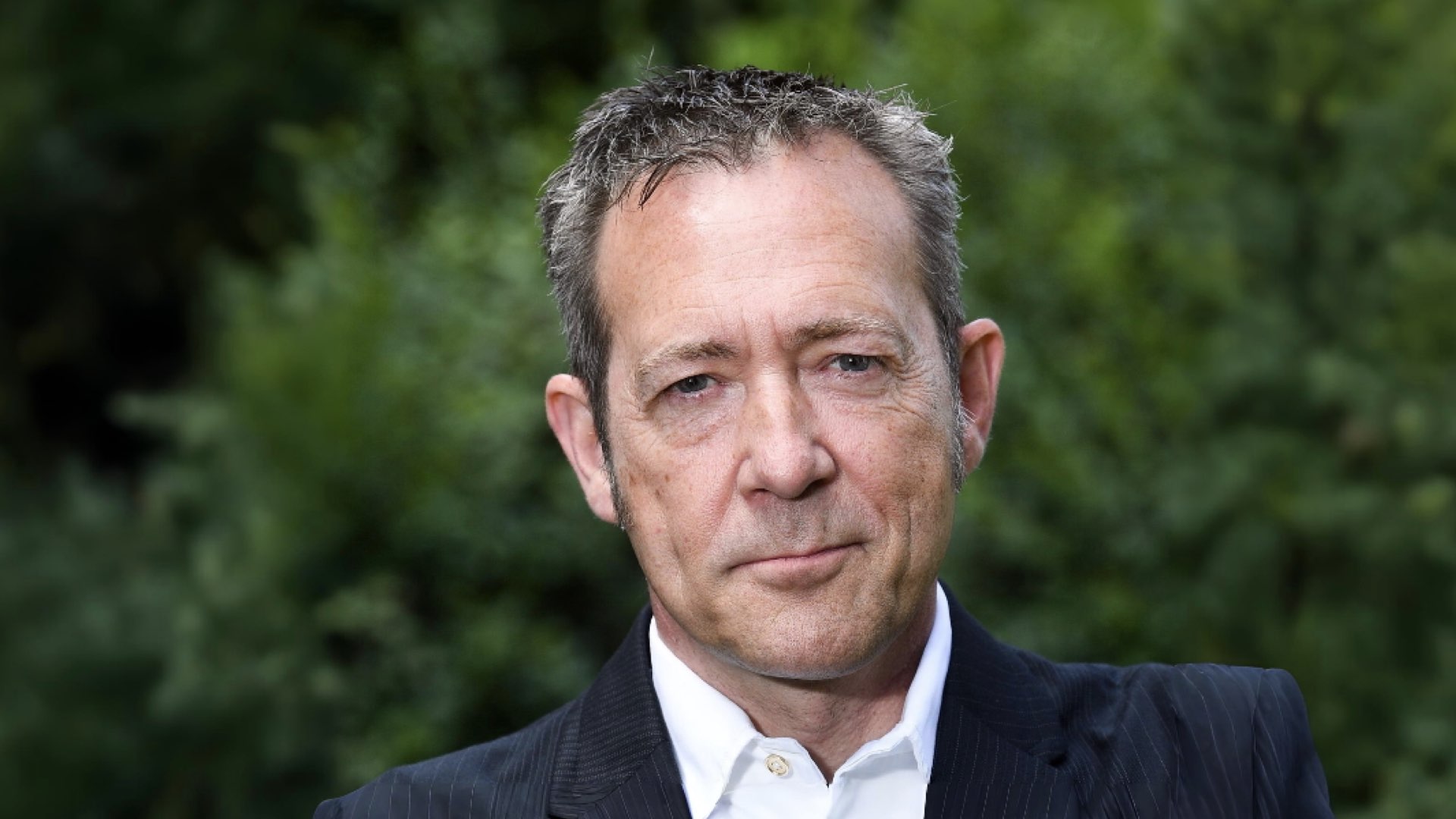Exploring the science and meaning of consciousness in humans and machines
What is consciousness good for? Does subjective experience – what it feels like to be aware - serve a purpose?
Surprisingly, perhaps, many have answered “no” and argue that consciousness is either a meaningless byproduct or a mere illusion. Comparable claims have been made about free will. Add to this the stupefying advances of artificial intelligence research that suggest that ‘feeling things’ is simply unnecessary to carry out complex information processing, and one wonders why we are conscious beings.
Contra such views, prof. Cleeremans answers “yes”: consciousness does exist and does matter.
On this evening, he will provide an introduction to the science of consciousness, state his case and explore concepts like free will, the self/soul, AI and different states of consciousness like dreams and intoxication in relation to this intriguing topic.
speaker
Prof. Dr. Axel Cleeremans, Professor of Cognitive Science at the Université Libre de Bruxelles, is a leading figure in the scientific study of consciousness. He pursues one of science’s most profound questions: how does the mind come to know itself? Using behavioral experiments, EEG and fMRI, his preliminary answer to this question is the Radical Plasticity Thesis he himself authored: the idea that the brain constantly reshapes itself through experience and learns to represent its own activity into conscious thought.
So far, Cleeremans has secured over €13 million in research grants and has published a myriad of scientific articles and book chapters. He also serves as Vice-Director of the ULB Neuroscience Institute, as a Research Director at the Belgian National Fund for Scientific Research (NFRS/FNRS), and is a member of the Royal Academy of Belgium. His contributions have been recognized with numerous distinctions, including the FNRS Quinquennal Prize “Ernest John Solvay” for the Human Sciences, the “Matière Grise” Trophy for scientific communication, and the title of Grand Officer in the Order of the Crown. Finally, Cleeremans shares his insights and findings with the general public through international lectures, interviews for newspapers, television and podcasts, and even a recent Netflix documentary. Whether through experiments or public dialogue, Cleeremans invites us to venture into the uncharted landscape of our own minds to explore the question of what consciousness is.





